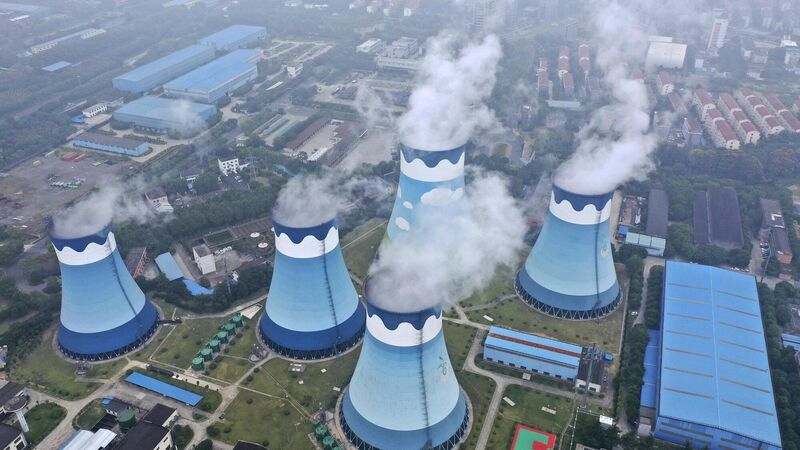Irish factory cost inflation rises fastest in 23-year history of survey as output booms

Irish manufacturers are passing on rapidly rising global costs of raw materials and hikes in energy costs, as factory output continues to boom, a new report reveals.
The latest AIB manufacturing purchasing managers’ index showed that input costs climbed at their fastest pace in October since the survey began 23 years ago.














